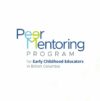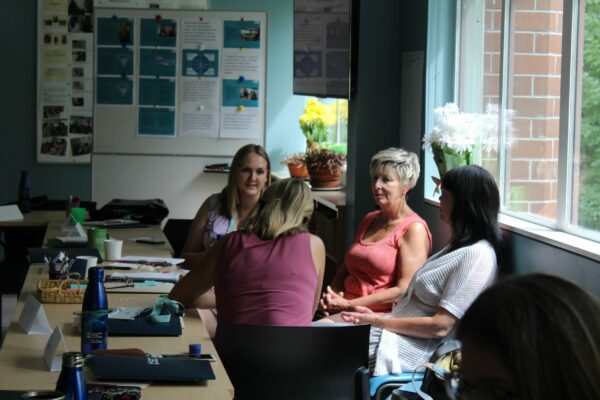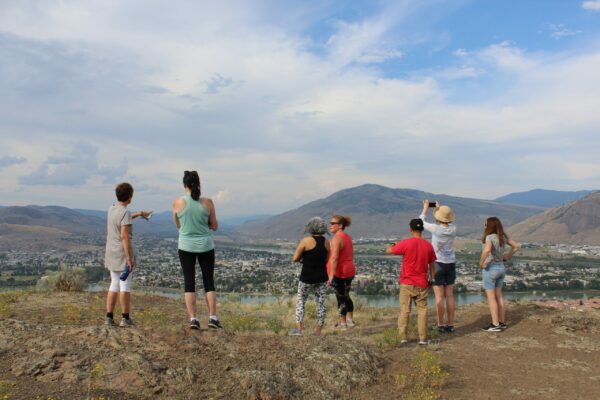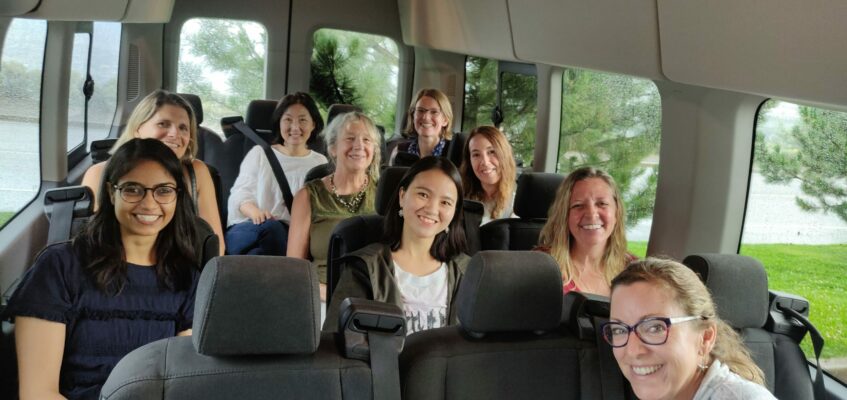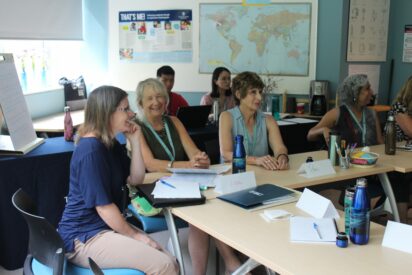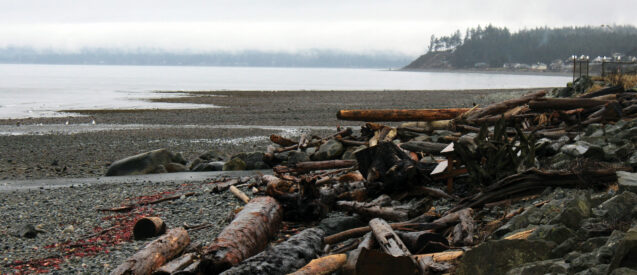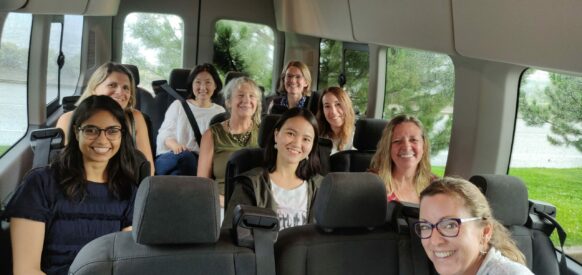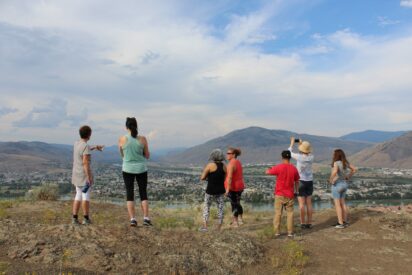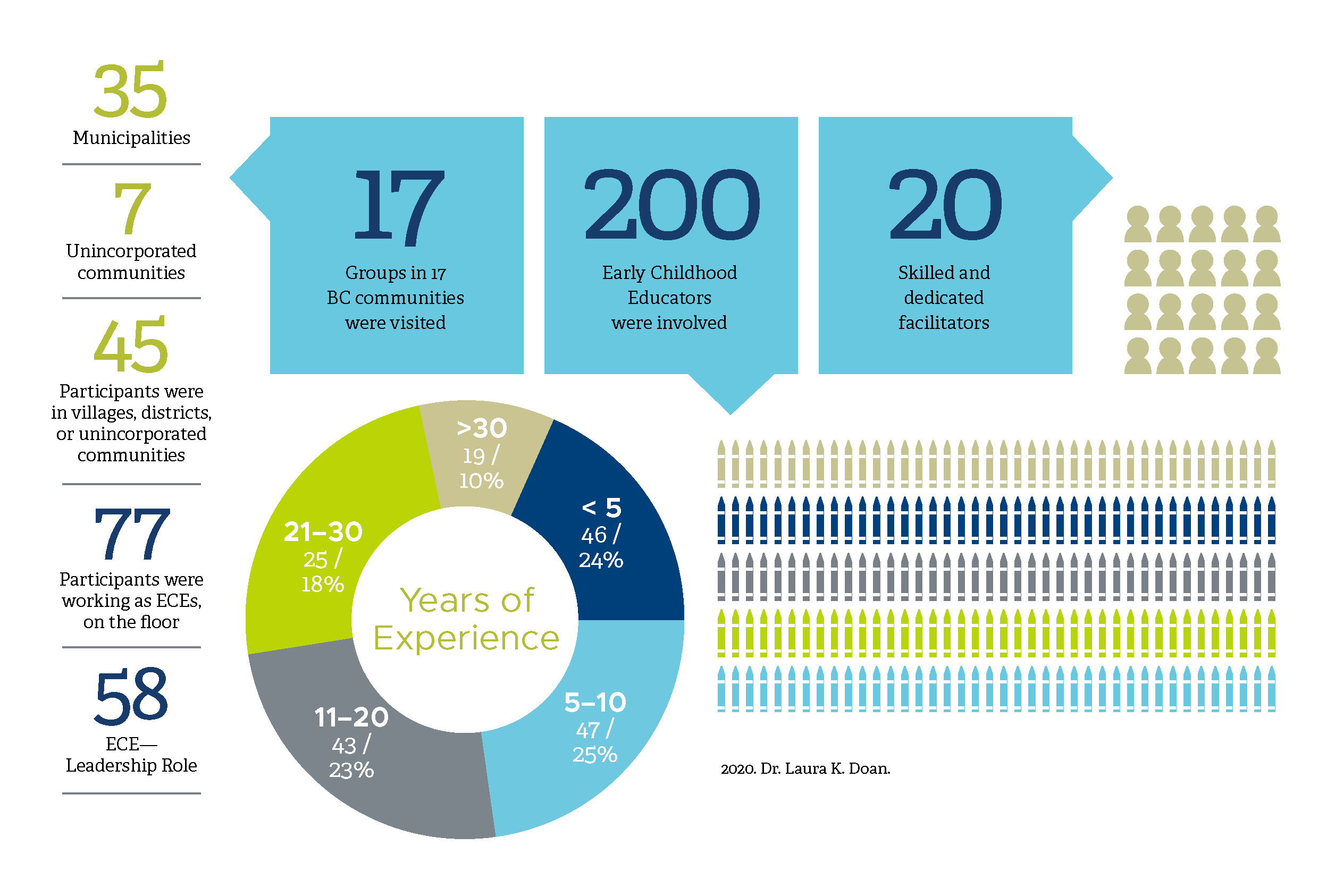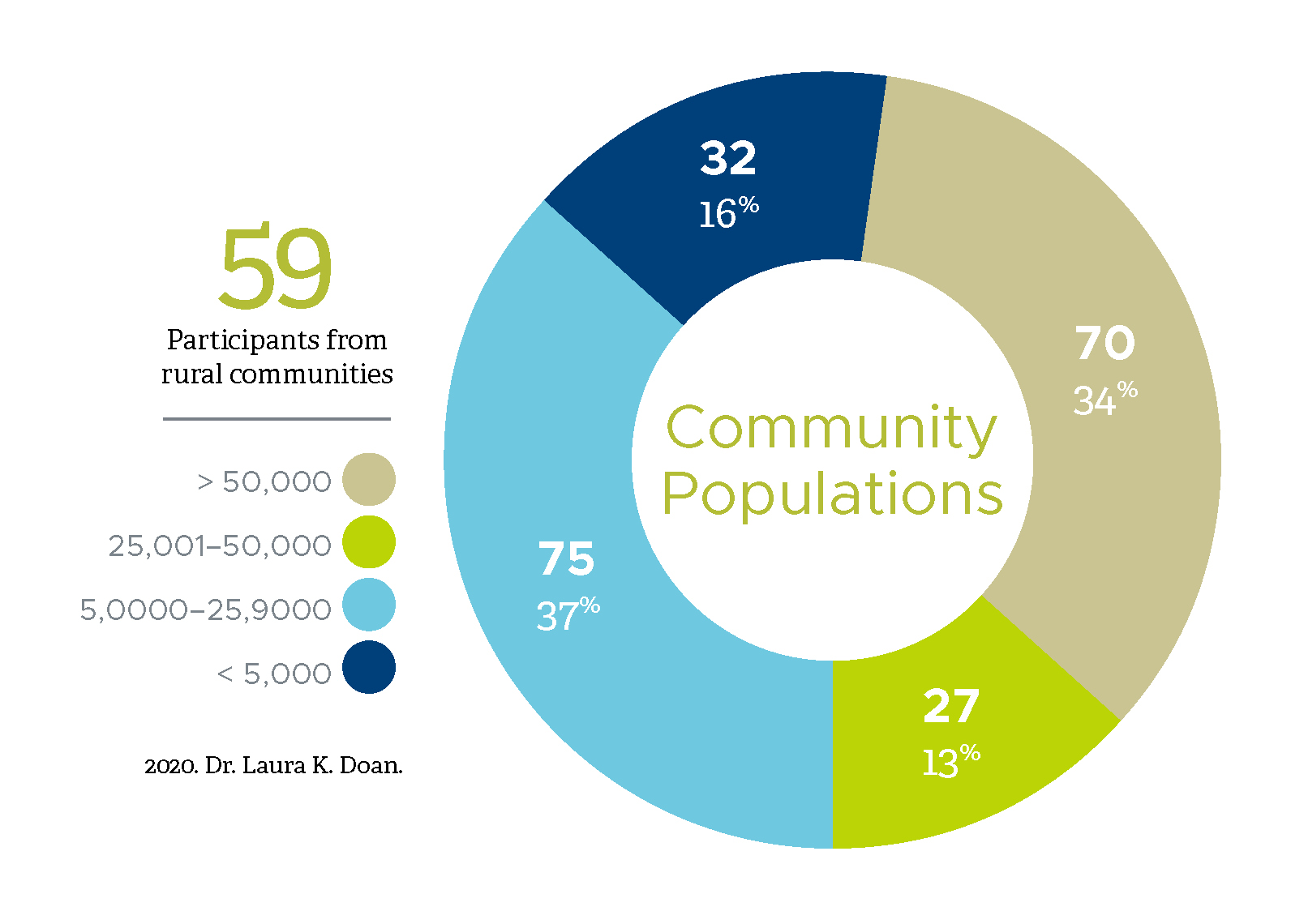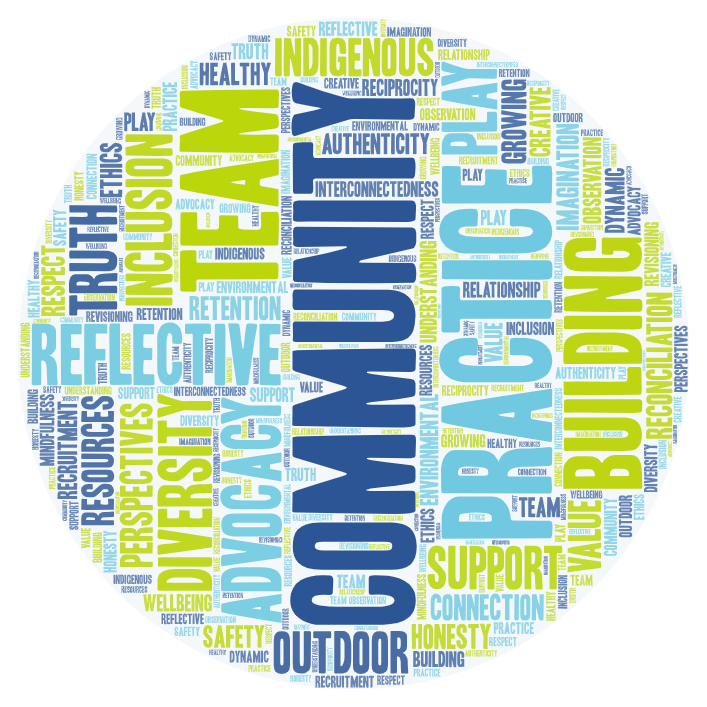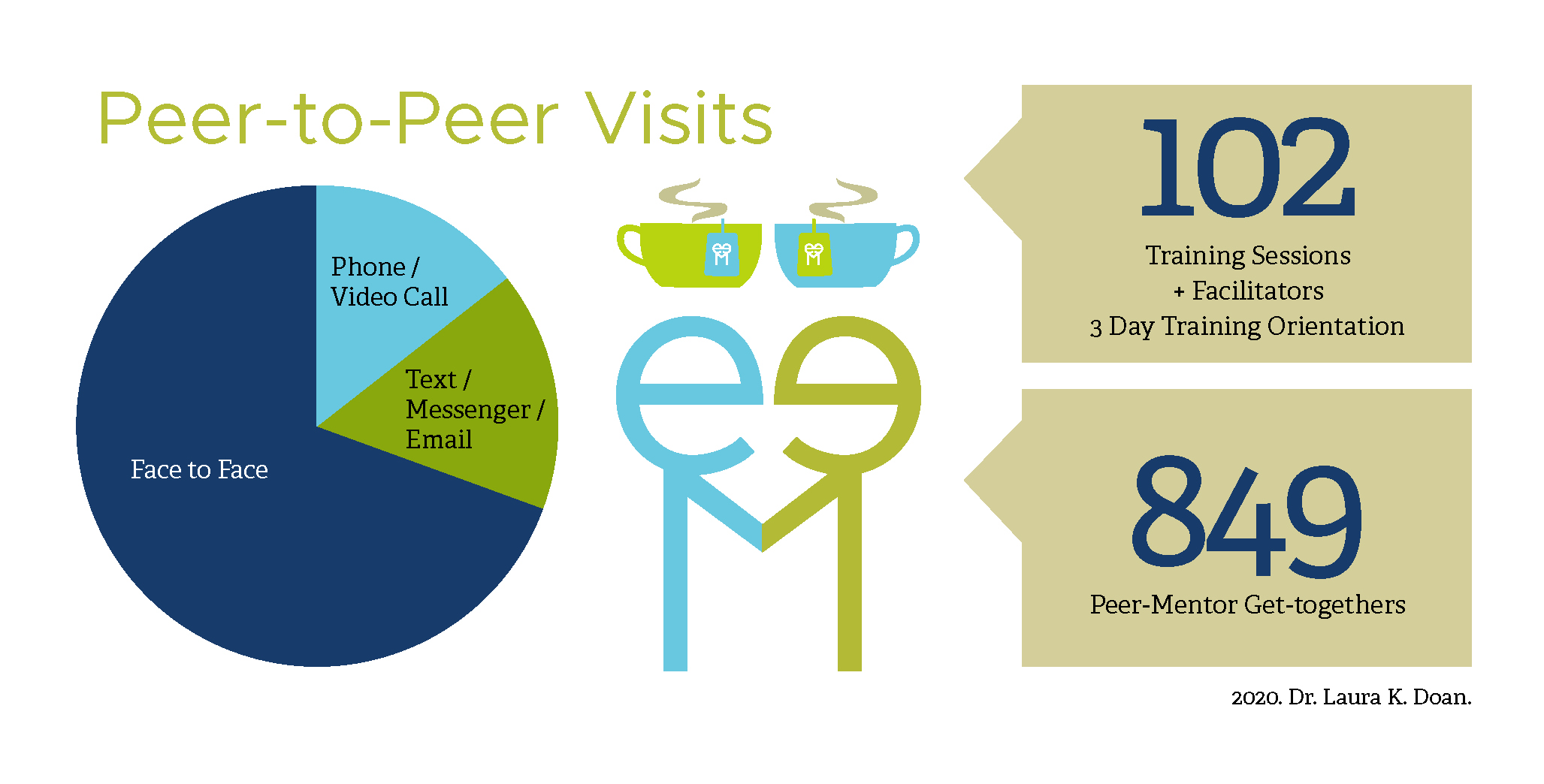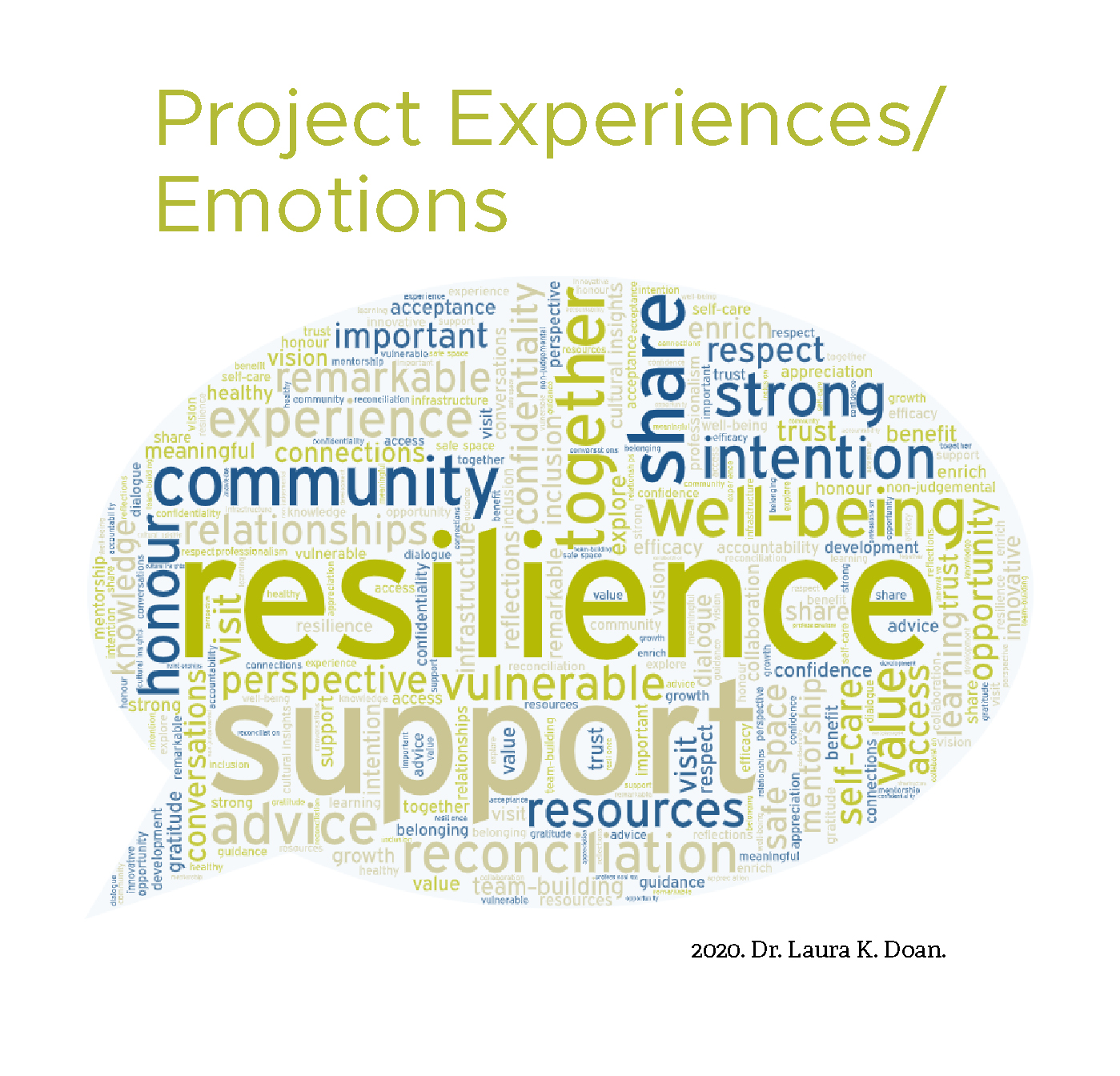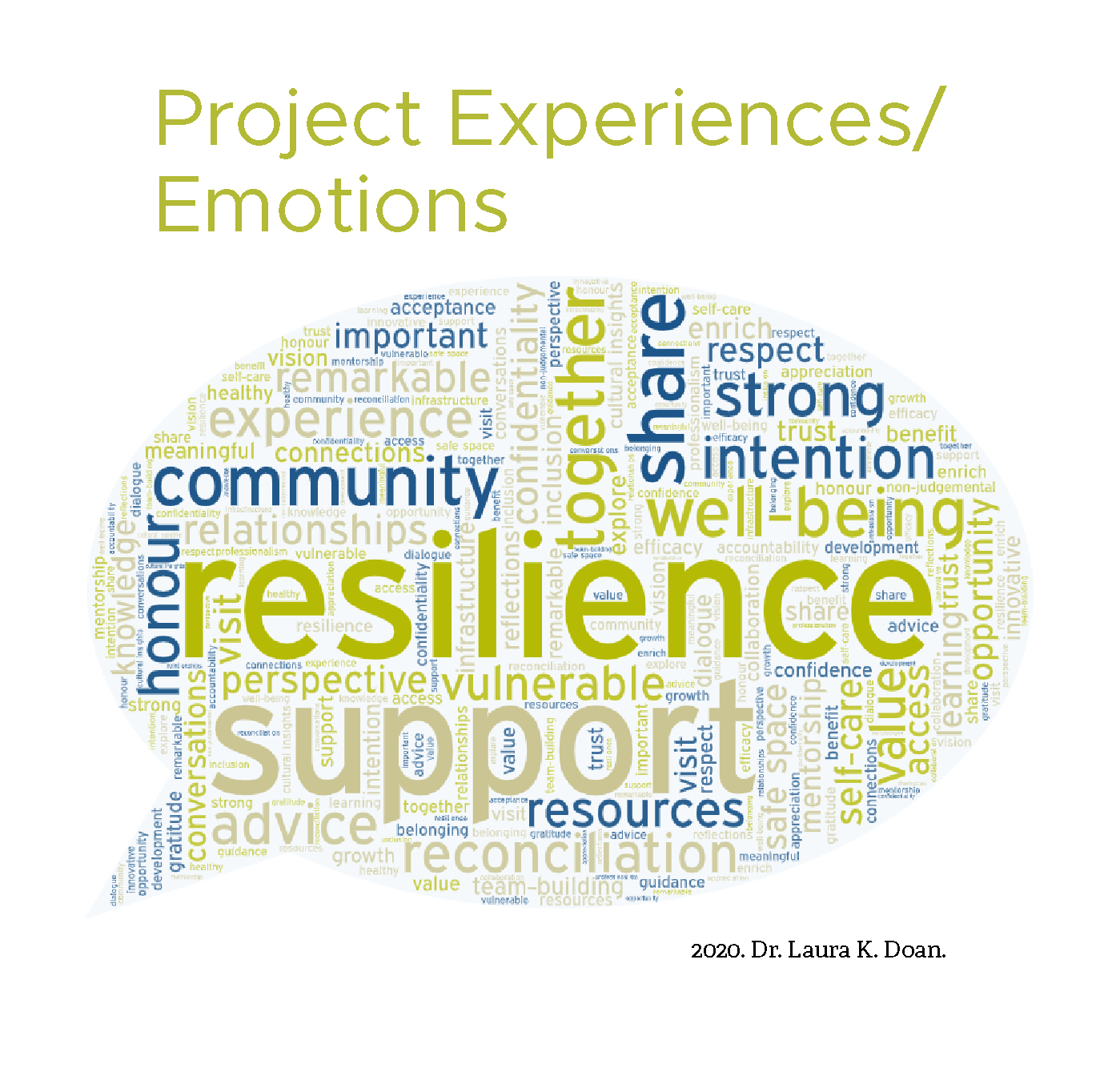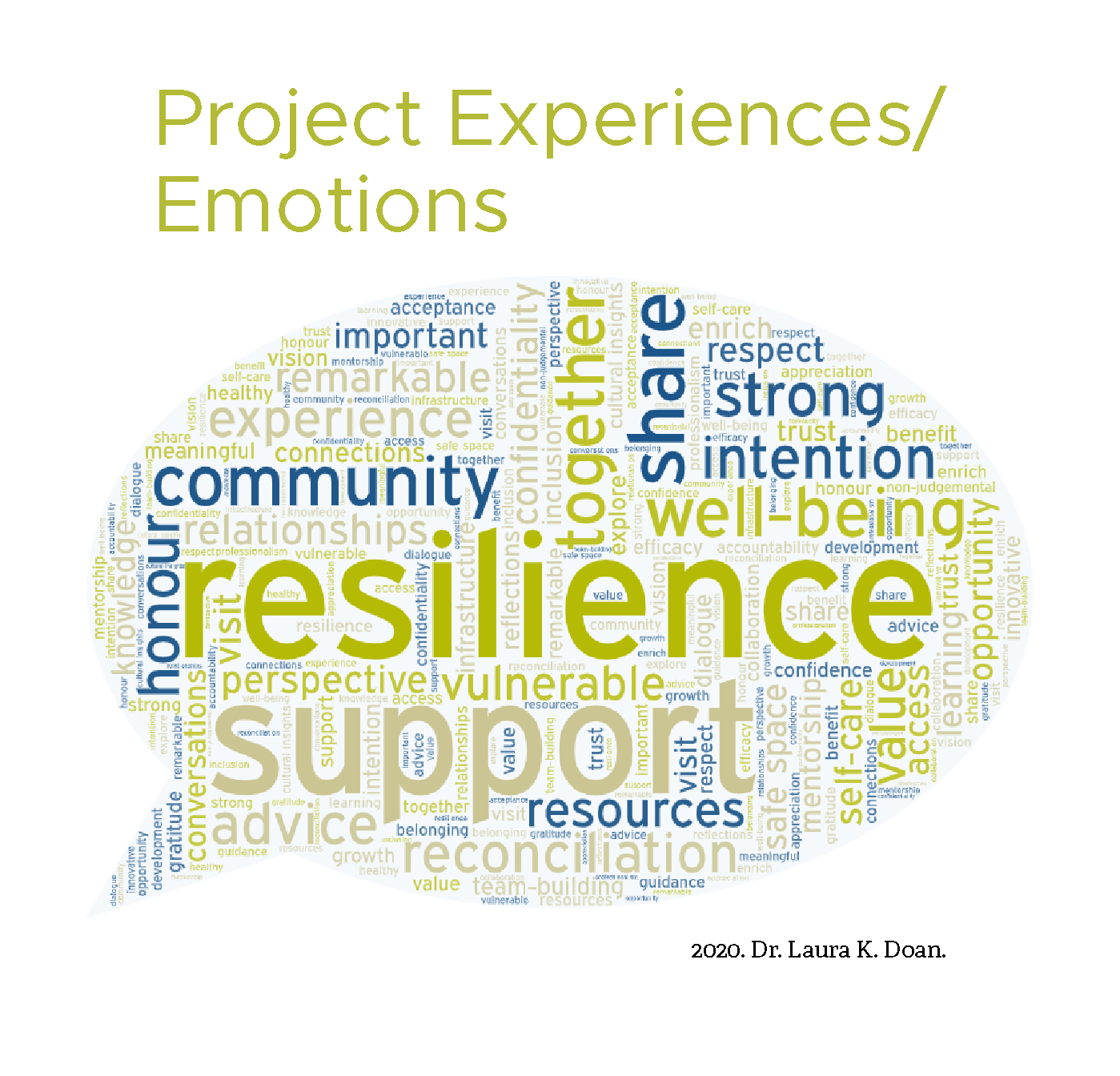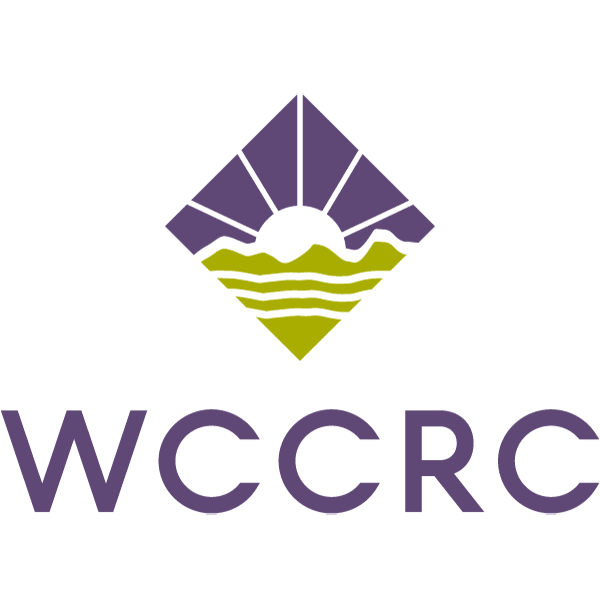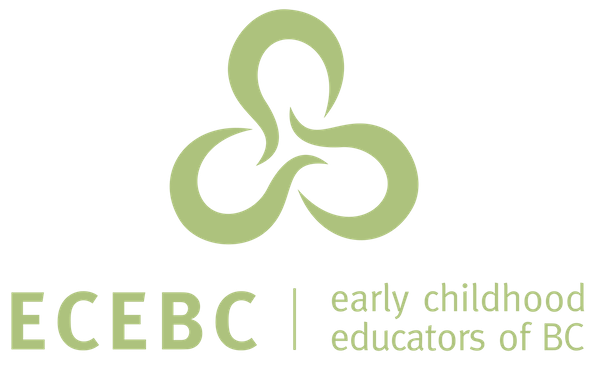
Overview
Land Acknowledgement: This project originated from Kamloops, British Columbia, which is on the traditional, unceded, and ancestral homeland of the Secwepemc Nation within Secwepemcul’ecw. The research team recognizes that this homeland has always been a place of teaching, learning, and research.
The purpose of this project was to support the ongoing professional development needs of beginning and experienced Early Childhood Educators. Specifically, this project aimed to expand the current infrastructure of support for both new and experienced Early Childhood Educators, with an aim to slow the number of ECEs who leave the field. Moreover, we aimed to build the capacity of ECEs, support their ongoing professional identity development needs, as well as increase their levels of teacher-efficacy, their confidence in their own abilities as an educator.
Through the creation of various media forms, such as a professional video and professional permanent displays, we aim to leave a legacy of what ECEs experiences are and how communities of practice can support the ongoing professional identity needs of Early Childhood Educators.
This project was built on what is already present, so utilized the current structure that is present through the existing individual ECEBC branches across the province of BC, of which there are 19.
To learn more about the history of this project, click here.
Project Participants
I am from a totally different culture … I learned how to be patient and how to respond to the child … how to help the child recognize their feelings
ECE, Terrace, Focus Group
The orientation for facilitators took place in August at Thompson Rivers University. This was a wonderful opportunity to spend time together, introduce the project, and to build relationships with the facilitators. Click here to view photos of the orientation day.
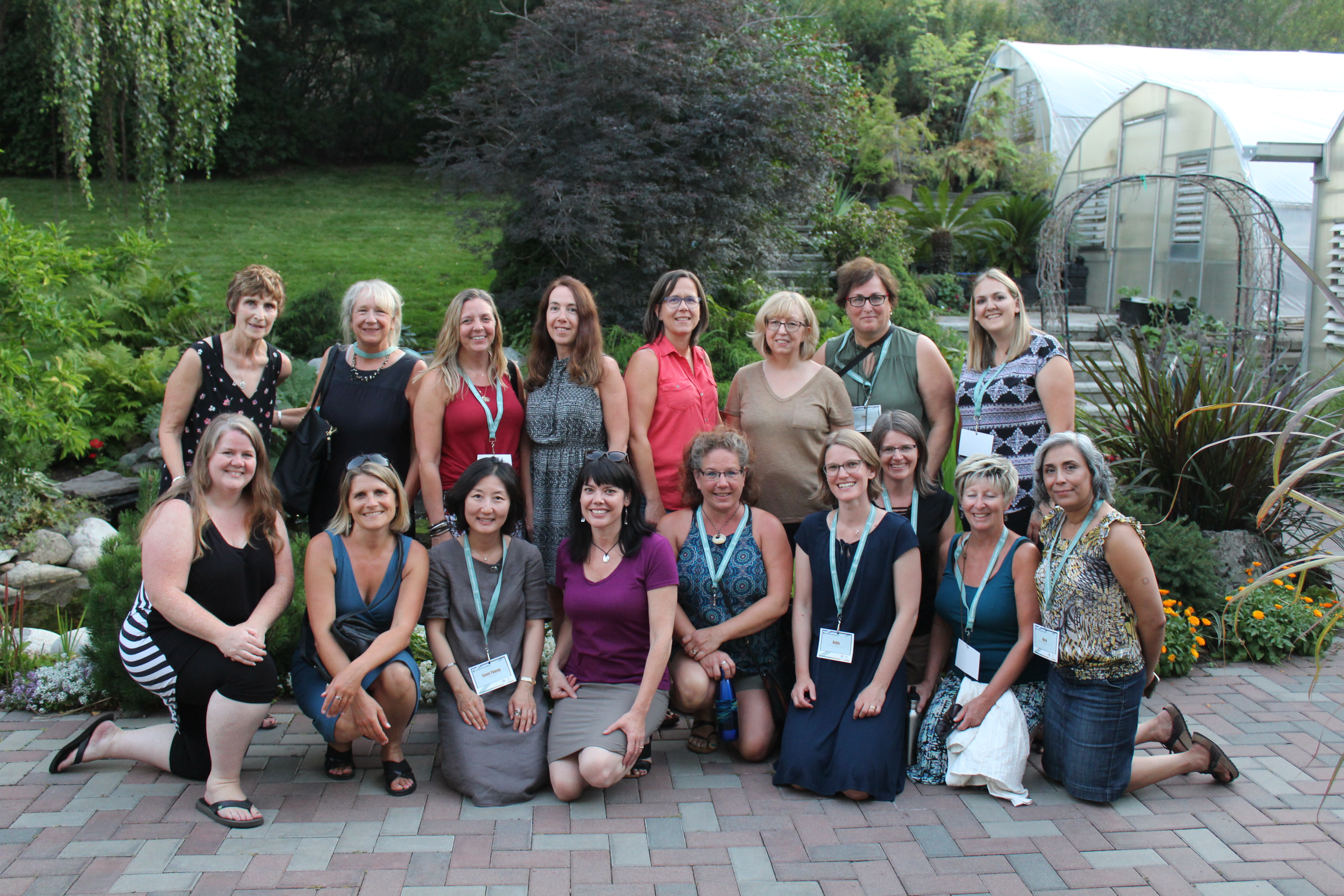
25 Peer-mentoring Communities of Practice
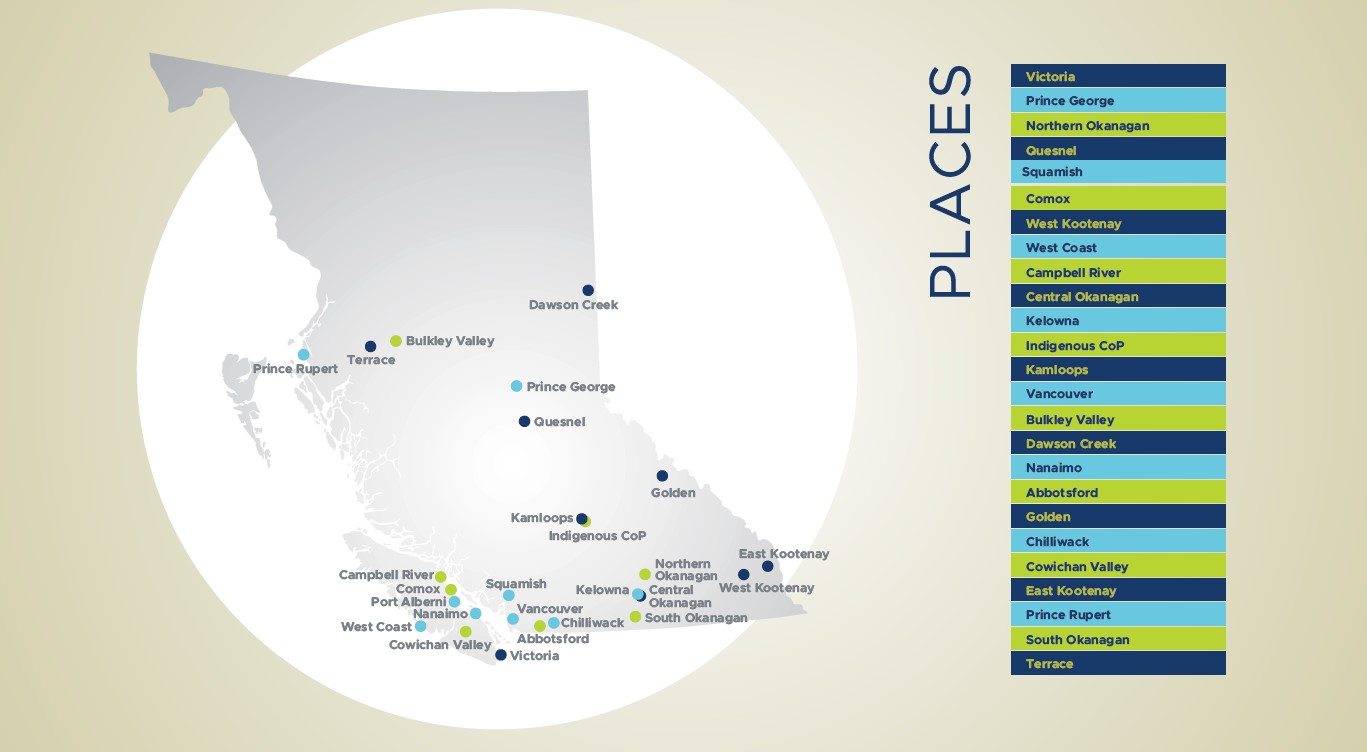
Each peer-mentoring group took place within a community of practice, and included up to 12 ECEs (e.g. six beginning; six experienced) and one or two facilitators.
The facilitators played an instrumental role in this project. In total, we had 20 facilitators and nearly 200 Early Childhood Educators.
“We are a community of passionate Early Childhood Educators who are sharing their stories and experiences to inspire change and support systems for children and families! In our mentor pairs, and as a whole group, we are… building relationships, sharing laughter, creating understanding, listening with compassion, and helping one another work through challenges. Each month we take part in a well-being activity (group walk, social dinner, breathing, yoga) and we talk through a professional development topic of our choosing (e.g. family engagement, team communication, mindfulness/gratitude practice, schemas).”
Port Alberni Peer-Mentoring Group
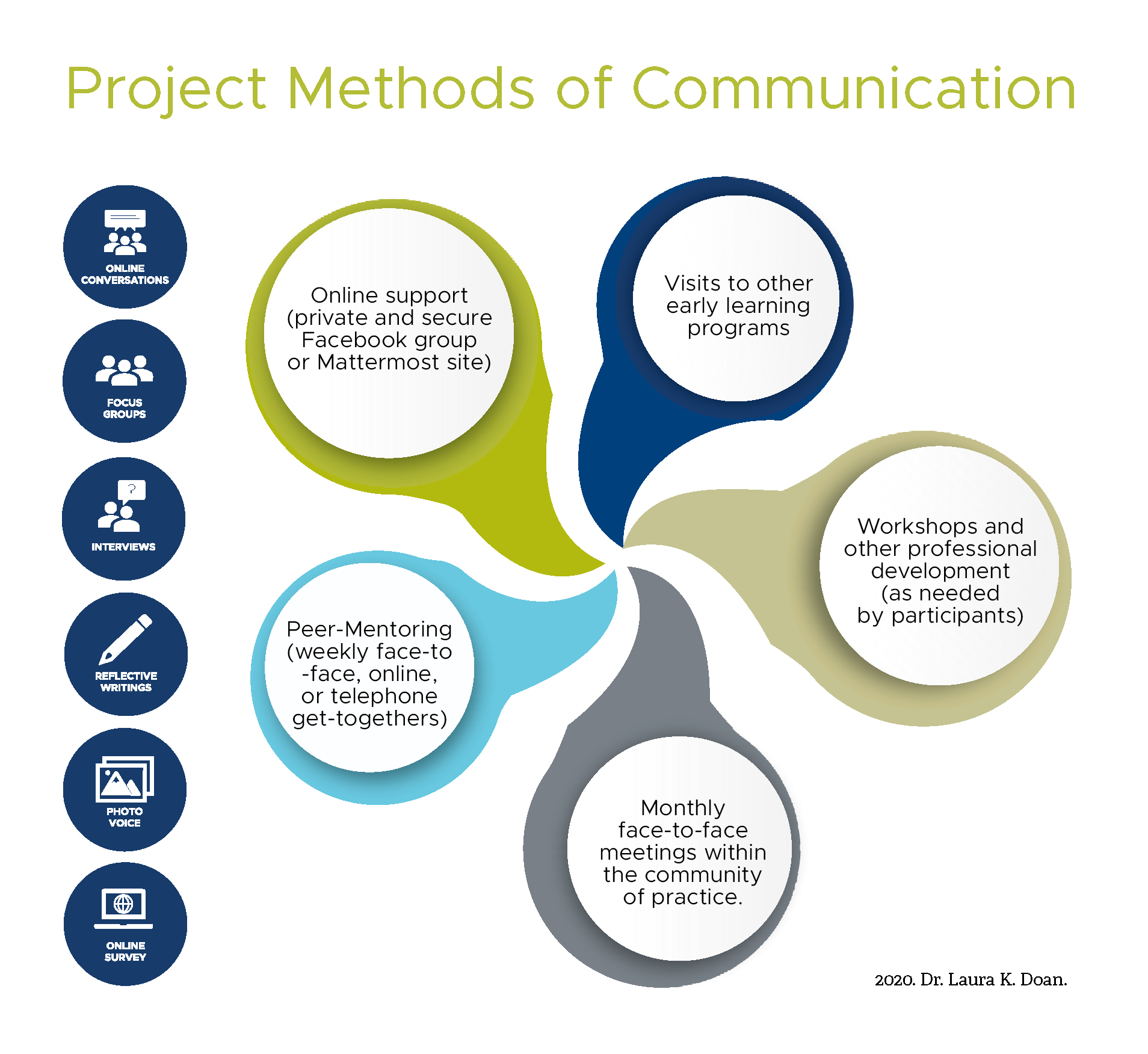
We used a peer-mentoring model, as new early childhood educators acknowledged that they had value and have things to contribute in a mentoring relationship.
By using a non-hierarchical approach, we hoped that learning would occur for both new and experienced early childhood educators.
The individual communities of practice had autonomy about what they chose to do, in terms of professional development. To learn more about community-initiated professional development activities, click here.
“When you come together, it’s creating a space for vulnerability, which I think is important…You can’t really share that you might have a different opinion from someone if you don’t feel safe being vulnerable.”
ECE, Prince George
“I was comfortable sharing things that I wouldn’t share with anyone else…so having that confidentiality was huge.”
ECE, Bulkley Valley
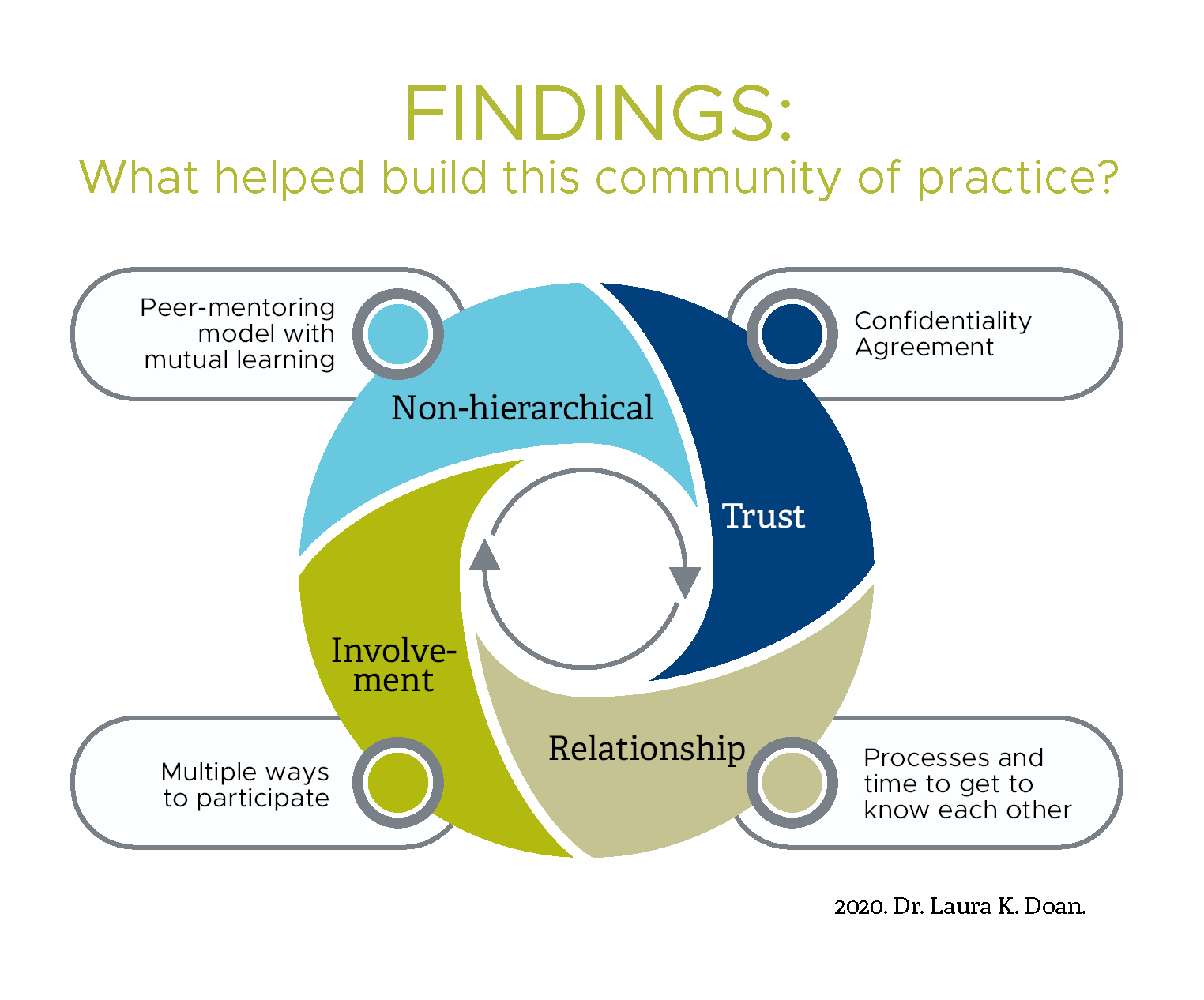
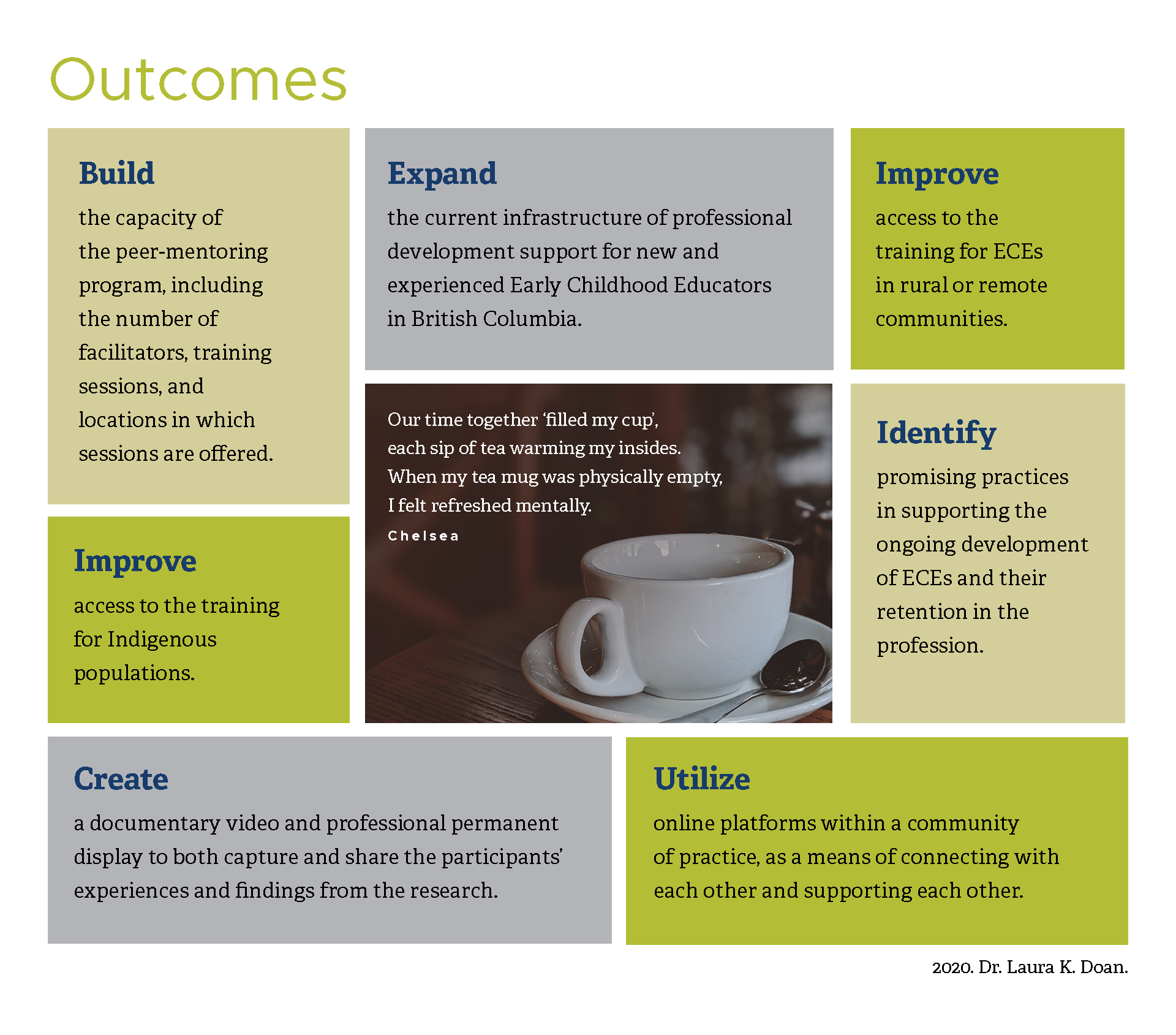
Going Forward
This project gave us a window into what it would be like if ECEs had regular time to meet, within a safe space, where their needs are cared for.
Research on peer-mentoring with beginning and experienced ECEs is highly relevant given the current context in British Columbia and in Canada. Through this project, we sought to understand the key issues related to supporting the ongoing development of ECEs. It is, therefore, crucial to hear educators’ stories using their own words and reflections.
Through this project, the creation of dissemination products from the ECEs’ stories, such as a professional video and professional permanent displays, journal articles and conference presentations will not only position them to be active participants in the research, but also provide educators powerful tools for professional identity. In addition, the rich narrative accounts of the ECEs will provide recommendations for effective peer-mentoring projects.
The goal of this project is to both “build capacity and leave a legacy”.
Pam Preston, Executive Director of Westcoast Child Care Resource Centre

